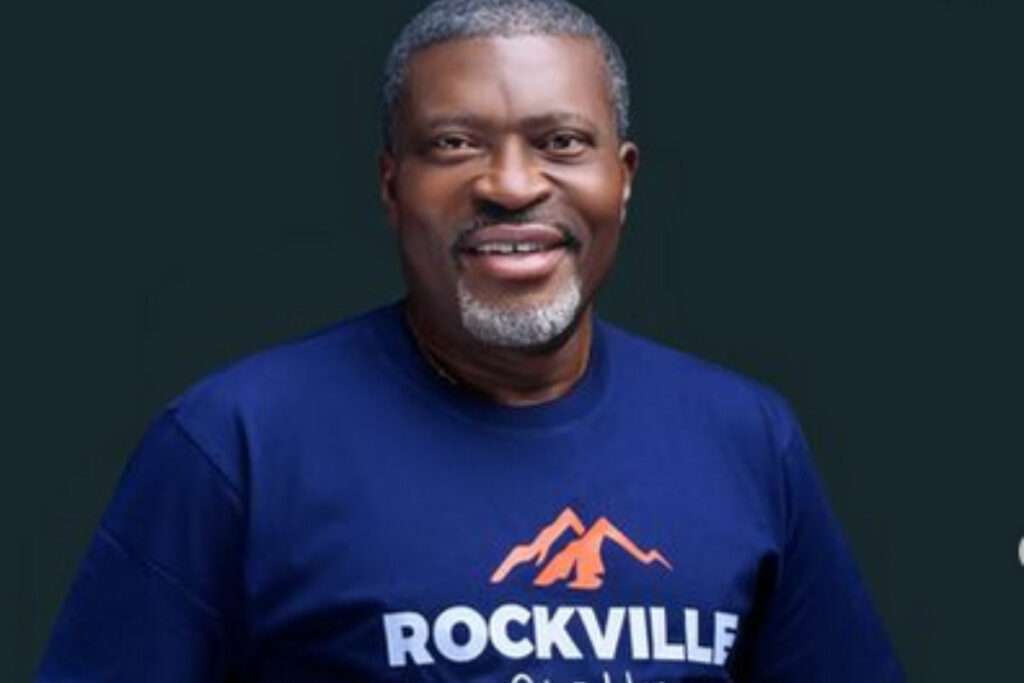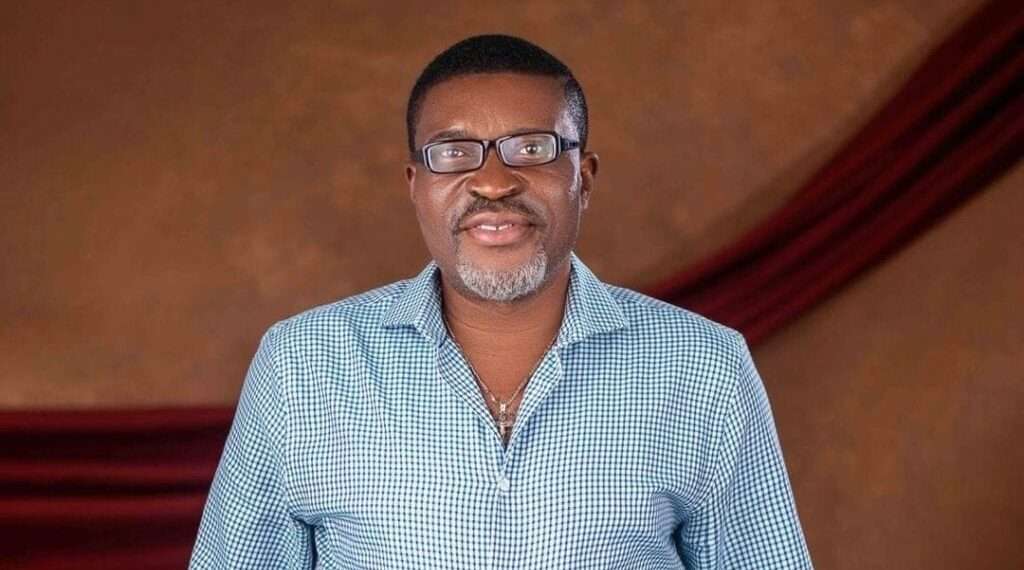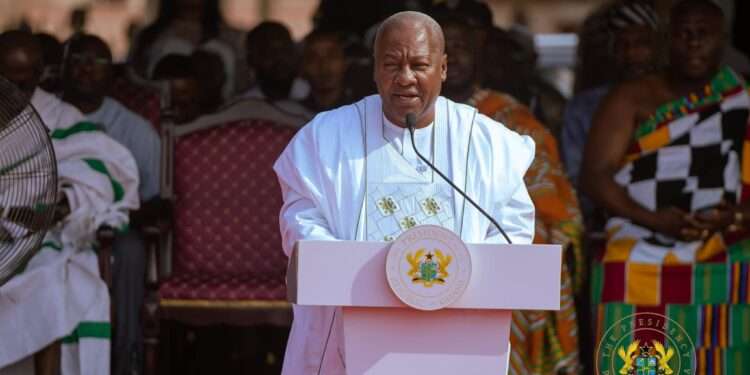Nollywood’s biggest challenge over the years has been piracy.
In recent times, however, the industry has been badly hit by the adverse effects of global and national economic downturns and hardship.
This has negatively impacted the quality of life of practitioners and the films produced. To this end, many filmmakers are turning to YouTube to create a new avenue to monetize their content, establish a wider reach, and do away with the attendant costs of shooting for cinemas or DVD plates.
Nollywood is the Nigerian film industry and one of the largest film industries in the world, producing thousands of movies each year. While YouTube has allowed independent filmmakers to upload their content and reach a global audience, it does not pose a direct threat to Nollywood.
Many Nollywood filmmakers and actors have embraced YouTube as a distribution channel for their movies and have found success in reaching a larger audience. YouTube provides a global platform to showcase Nollywood’s unique stories, talent, and creativity.
However, actor Kanayo O. Kanayo echoed the negative impacts YouTube has on Nollywood in the long run, noting that the allure of YouTube and similar platforms are beginning to overshadow traditional methods, sparking fears about the future quality and sustainability of Nollywood productions.
Kanayo lamented the growing trend among actors launching their own YouTube channels and shifting focus from collaborative endeavors with seasoned producers to personal projects.
“Almost everyone is now a producer in Nollywood, with ridiculous movie budgets and dangerous work environments and ethics,” he said.
Kanayo expressed his worries about the present and future of Nigeria’s entertainment industry.
The Nollywood doyen lamented the all-too-common tendency among Nigerians to squander opportunities.
“I have sat back and watched the opportunities offered by the YouTube channel, which is a perfect platform. But unfortunately, like anything that comes to Nigeria, our dear country, we will jump in and try to mess it up.
“We built Nollywood brick by brick, block by block. But the guys who have besieged YouTube actors, not the producers, don’t have any sense of purpose or process to create a procedure for lasting videography of creating content.”
Kanayo O. Kanayo
These concerns in the industry come in the wake of a tragic incident that occurred involving actor Junior Pope and four others who lost their lives in a boat accident on 10 April while heading to the set of the movie ‘Other Side of Life,’ which also sparked talks about the need for industry reforms and better welfare.
That being said, like any industry, Nollywood may face its own set of challenges and opportunities as the digital landscape evolves. However, platforms like YouTube can complement Nollywood’s growth and contribute to its continued success by expanding its reach and exposure.
Nollywood filmmakers and industry stakeholders need to adapt their strategies and explore opportunities in the digital space to remain relevant in an ever-changing industry.
Health Risks and Lack of Insurance Coverage

Nollywood actors, like actors in any other film industry, can face health risks due to the demanding nature of their work. These risks can include physical injuries, exhaustion, and stress-related health issues.
However, it’s important to note that the specific health risks and lack of insurance coverage can vary greatly among individuals in Nollywood, as it’s a diverse industry with a wide range of actors.
Many actors in the industry do not have access to health insurance or any form of formal healthcare benefits. This lack of coverage can make it difficult for them to afford medical care, particularly in cases of serious illness or injury.
As a result, some actors rely on personal funds or assistance from family and friends to cover medical expenses. Others may seek support from crowdfunding or industry associations. However, these options are not sufficient or accessible to everyone in the industry, leaving many actors vulnerable to financial burdens and difficulties in receiving necessary healthcare.
It is worth mentioning that some initiatives have been established within the Nigerian film industry to address these challenges. For example, the Guild of Nollywood Actors has been working towards a collective health insurance scheme for its members.
Additionally, some production companies and filmmakers have started providing health insurance coverage as part of their contractual agreements with actors. However, the implementation and coverage of these initiatives are still limited.
Kanayo O. Kanayo expressed concern for the health and well-being of actors who push themselves to the brink in pursuit of quick financial gains, noting that many in Nigeria lack adequate insurance coverage and support systems.
He stated that the prevalence of short-term thinking in building the industry, exorbitant fees for one-day shoots, and a lack of commitment to quality and excellence have contributed to a culture of mediocrity and instability within Nollywood.
“I don’t see the sustainability in all these things where people are given different conditions, no actor is free and so on. From what I see, you don’t know what you’re doing to your health. You shoot 25, 30, and 35 scenes a day; it’s unfortunate.
“It doesn’t tell on your health sooner than you expect. Don’t forget, many actors in Nigeria don’t have insurance and as far as I know, Emeka Rollas’ hands-on efforts to get insurance keep being fought by the so-called top actors who don’t want to pay into an insurance fund. Have a rethink. Those of you who think you’re earning N1 million a day—N1.5 million—it’s not sustainable.”
Kanayo O. Kanayo
Addressing the health risks and lack of insurance coverage for Nollywood actors remains an ongoing concern within the industry, and further efforts are needed to ensure well-being and healthcare access for all actors.
READ ALSO: Ghana’s Ongoing Power Crisis Hit a Crescendo Amidst Desperation





















